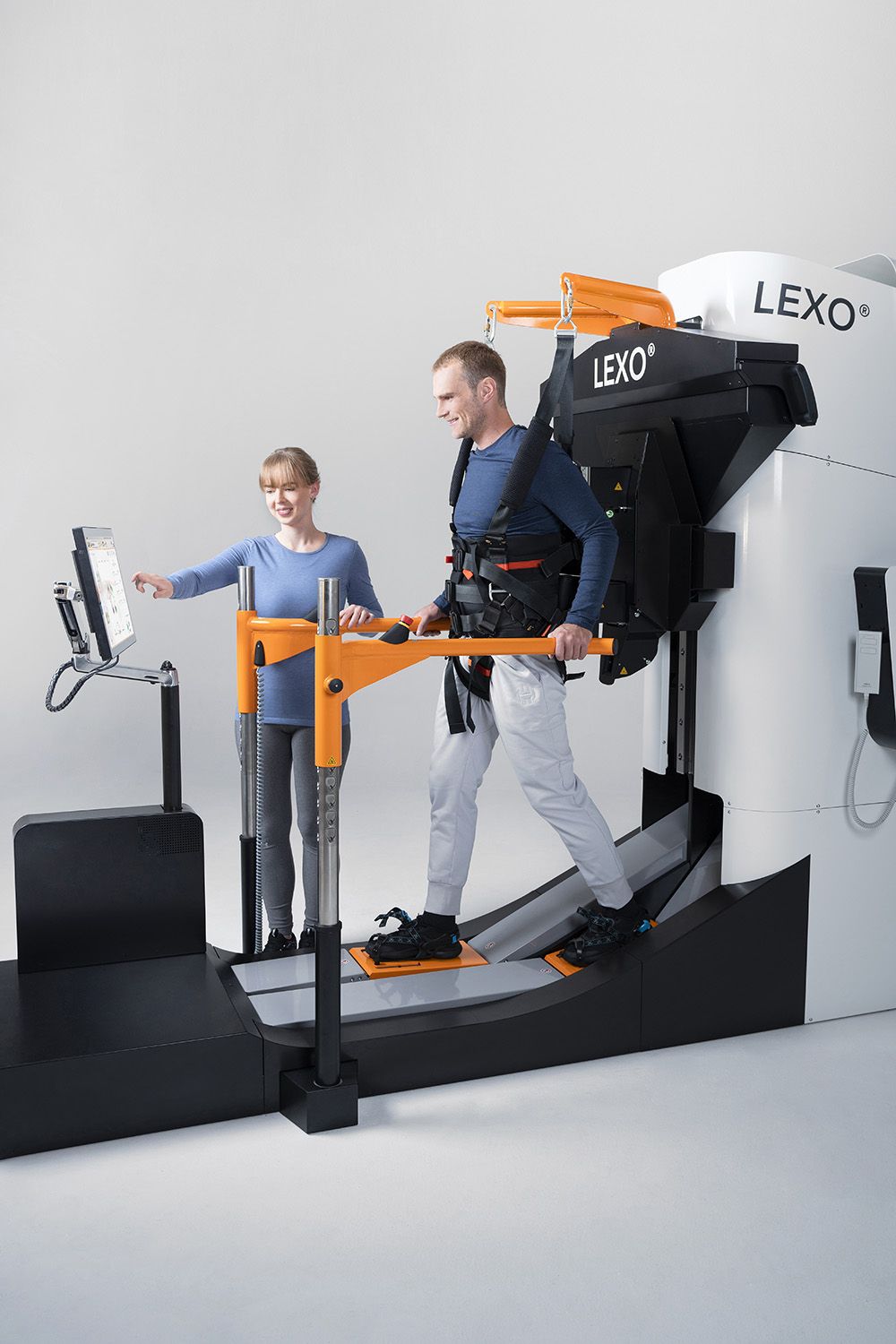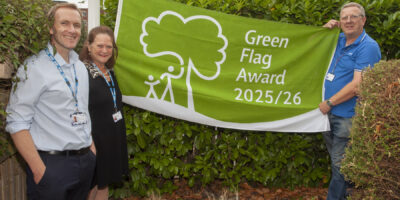The six-month project, part of a wider £1.4 million investment in site’s Stroke Rehabilitation service, will deliver a state-of-the-art gymnasium and innovative therapies designed to enhance recovery for stroke patients across the region.
The new gym, set to be completed by mid-2025, will be positioned next to the existing department and will feature advanced robotic equipment and virtual reality-assisted tools, providing an enhanced, tailored therapy experience.
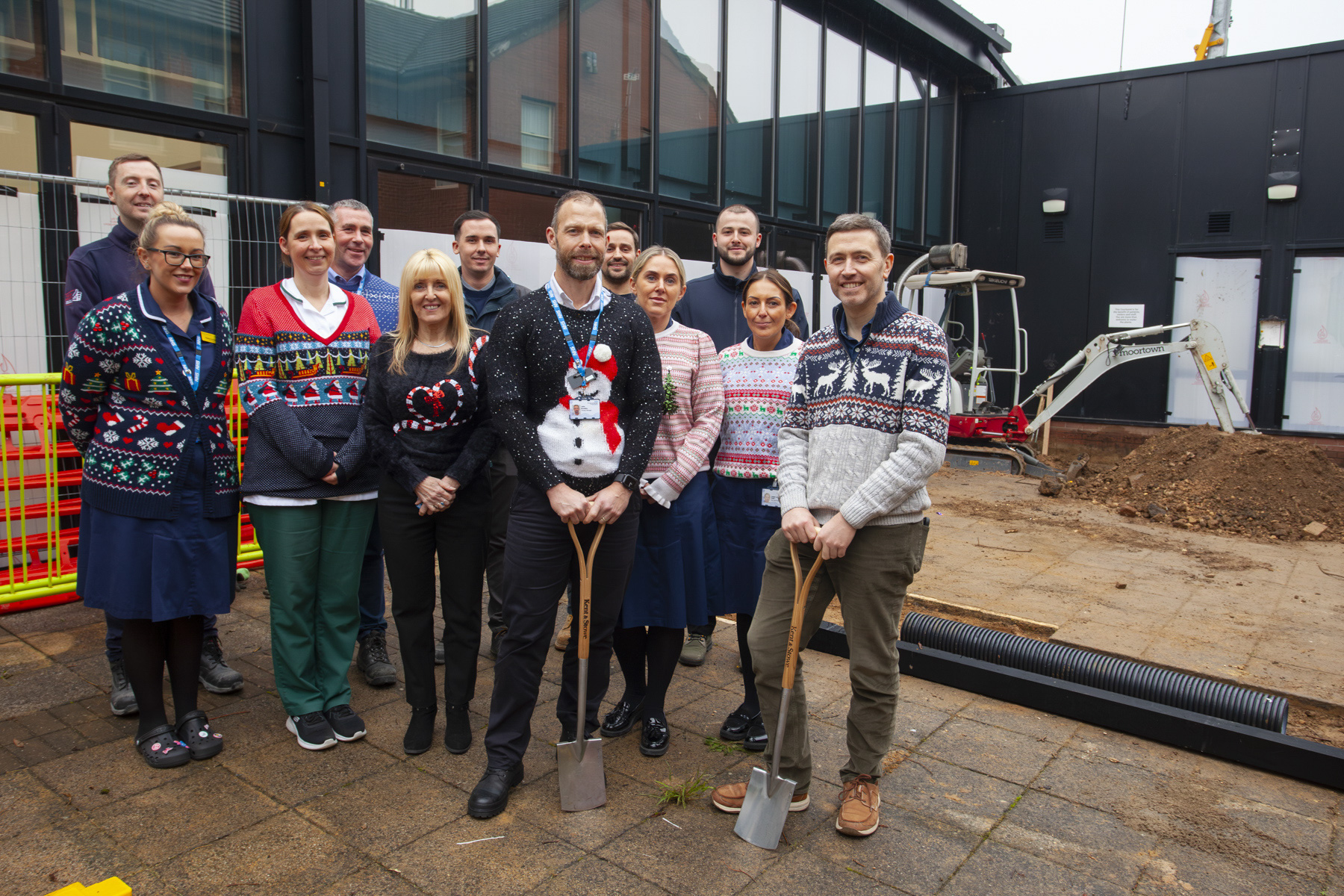
A first for the NHS, this development has been made possible through generous funding from the Fred and Ann Green Legacy, alongside support from the DBTH Charity.
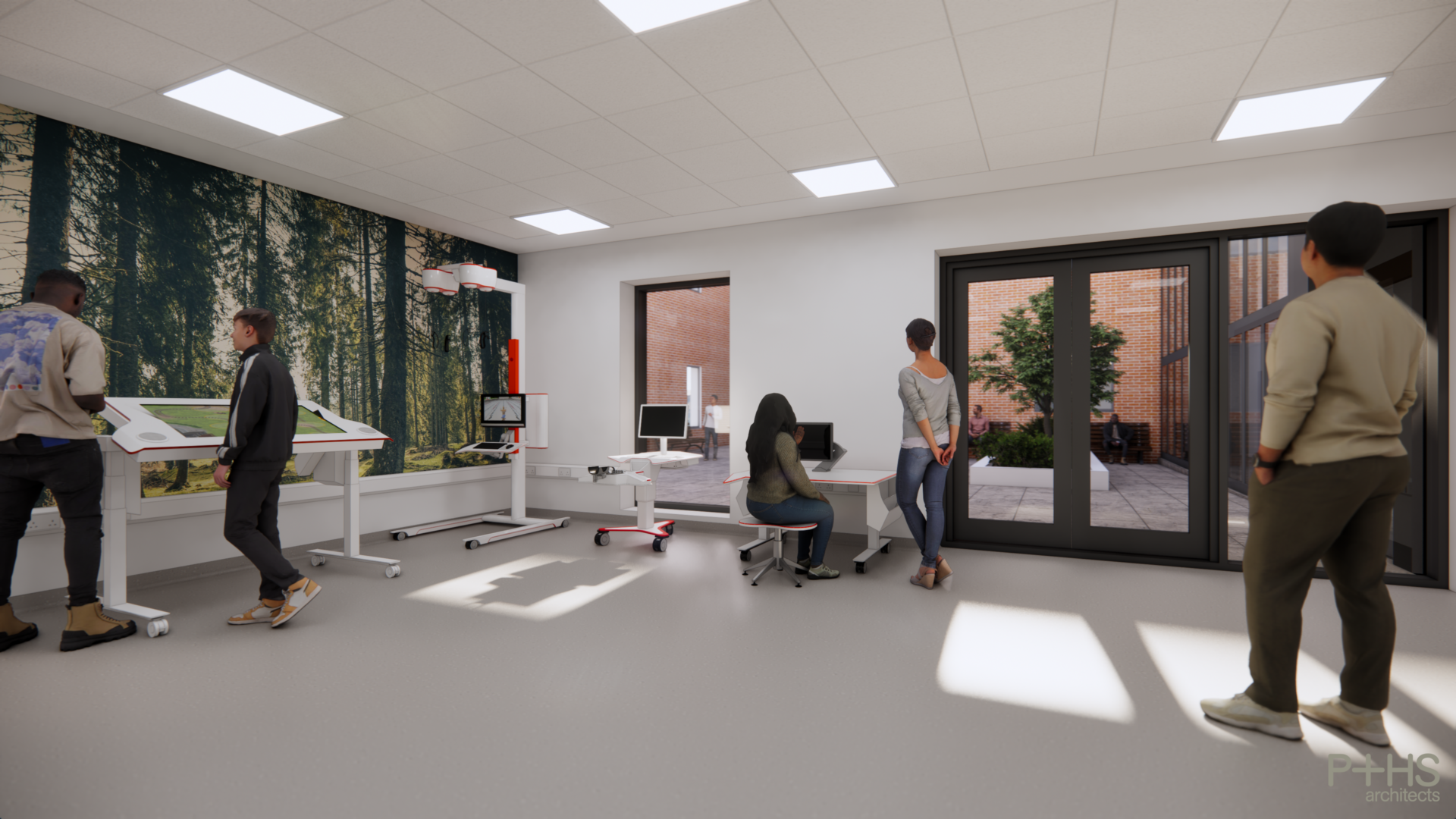
The new robotic devices, procured at a cost of £700,000, will serve as ‘therapy multipliers,’ enabling patients to engage in highly focused, intensive therapy sessions under the guidance of trained therapists.
Equipment such as robotic gait trainers, devices for upper and lower limb mobility, and interactive tools designed to improve cognitive and motor skills will be housed in the new facility.
Stroke is a leading cause of disability in the UK, with one in four people expected to experience a stroke in their lifetime. Research has shown that greater therapy intensity improves recovery outcomes, particularly in regaining mobility and cognitive functions.
Richard Parker OBE, Chief Executive at DBTH, said: “This project is a significant step forward in improving stroke care for our patients.
“The investment in a state-of-the-art gymnasium and robotic therapy suite demonstrates our commitment to providing cutting-edge rehabilitation services that maximise recovery potential.
“It’s another example of how DBTH continues to lead the way in delivering high-quality care for our communities.”
In addition to the new robotic technologies, the Stroke Rehabilitation Service is trialling a two-year pilot programme for music therapy.
This innovative approach leverages the brain’s plasticity to support speech and language recovery by mapping speech functions to areas of the brain associated with music recognition. Music therapy has shown significant promise in improving communication skills in stroke patients, adding another dimension to the personalised care offered at Montagu Hospital.
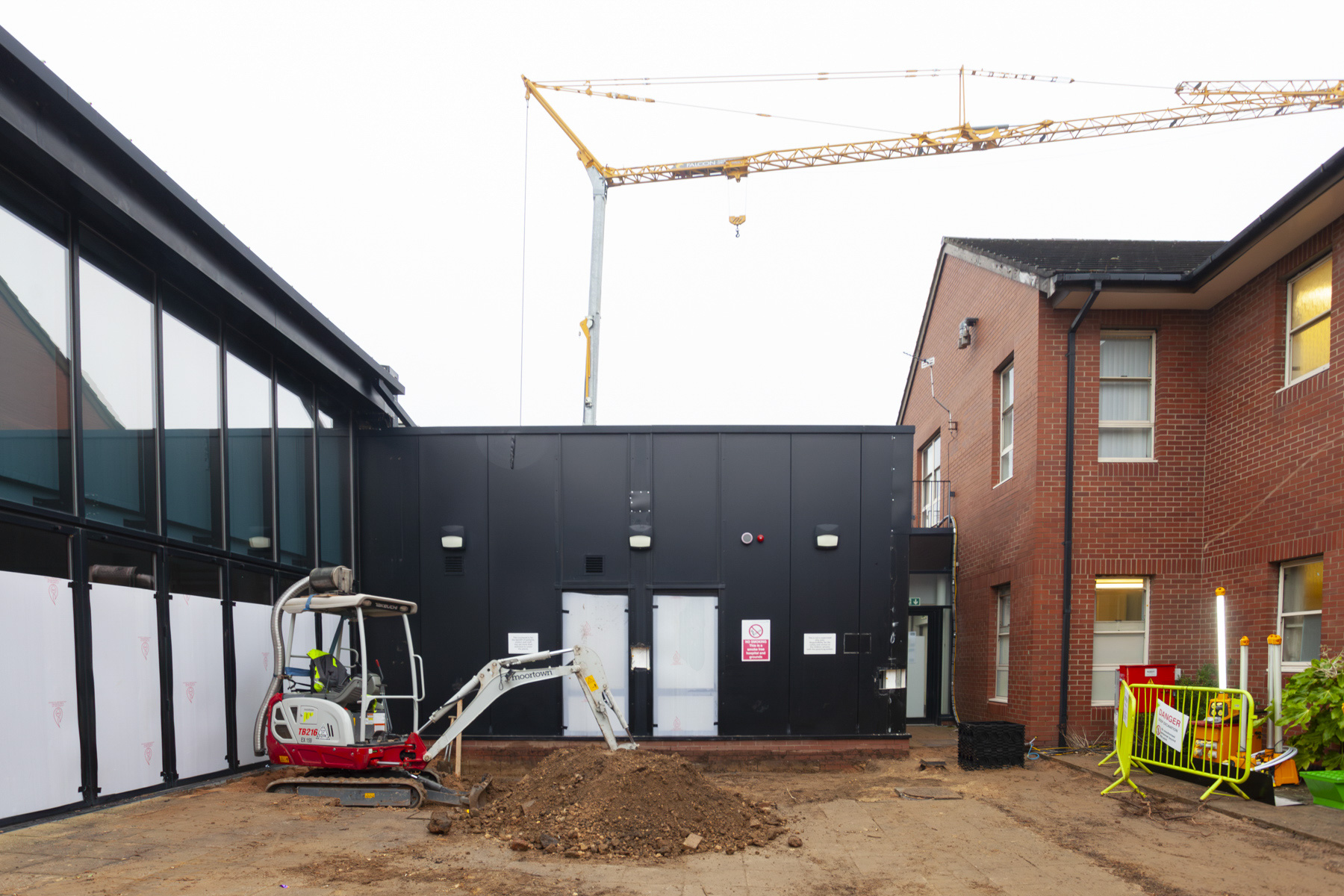
This project is the latest in a series of investments at Montagu Hospital, which has seen developments such as the Mexborough Elective Orthopaedic Centre of Excellence, a new Endoscopy Suite within the ‘rotunda’ area of Montagu Hospital building and a new purpose built Imaging Suite for the Montagu Community Diagnostic Centre (CDC).
With the addition of the new rehabilitation gym, the site continues to position itself as a hub of excellence in patient care.
The Stroke Rehabilitation Service currently serves patients across Doncaster and Bassetlaw, with plans to expand its reach to benefit individuals from a wider area. The introduction of advanced facilities and additional therapy staff ensures the service is equipped to meet growing demand while maintaining the highest standards of care.
Dr. Peter Anderton continues: “We hope that in future, we’ll be able to run the robotic therapy suite for extended hours, seven days per week.
“Our aspiration is to collaborate with colleagues from the South Yorkshire ICB to be able to offer use of this facility to other Stroke services in the South Yorkshire area, allowing this facility to help Stroke survivors from a wider catchment to better achieve their recovery goals.”
For more information about these advancements and how DBTH Charity supports projects like this, visit: www.dbthcharity.co.uk.
